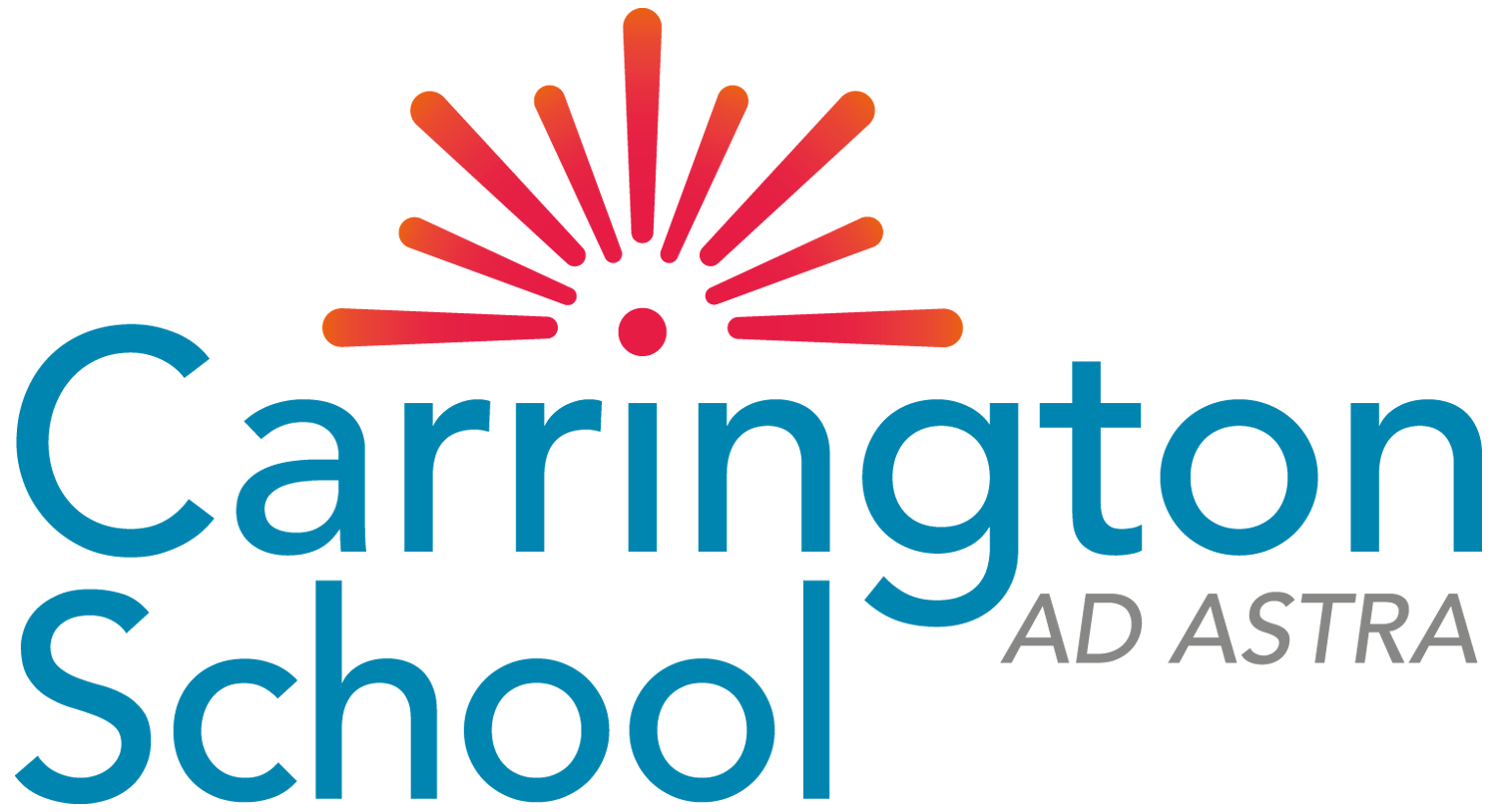SEND
Special Educational Needs & Disabilities (SEND)
There are a wide range of Special Educational Needs and Disabilities (SEND) at Carrington School. We have a fully inclusive culture and comply with the requirements outlined in the SEND Code of Practice 2015.
Our SEND Policy outlines our approach to identifying students with SEND and assessing their needs. Our approach follows the Graduated Response of Assess, Plan, Do, Review as detailed in the Special Educational Needs Code of Practice (2015).
Led by our SENCo (Special Educational Needs Coordinator) Miss Osbourne, SEND is one element of DICE (Developmental and Inclusive Centre of Excellence) that draws together the wider understanding of a child or young person’s needs, to ensure that the correct support and intervention is in place for learning, behavioural and wellbeing needs.
The Learning Support (LS) Faculty at Carrington School
 |
 |
 |
|
Miss S Osbourne SENCo |
Miss A Price Deputy SENCo |
Mrs B Emptage Learning Support Coordinator |
To contact the Learning Support Team please email senco@carringtonschool.org
Our SENCo manages and oversees additional support and interventions, in liaison with our Senior Leadership Team (SLT), Heads of Year, Subject Leads and teachers to ensure that additional support is carefully planned, monitored and reviewed for impact on learning. This is because all teachers are teachers of SEND, and all leaders are leaders of SEND.
Within the Learning Support (LS) Faculty, other staff such as our Learning Support Coordinator and a team of Teaching Assistants (TAs) work with students to support their varying needs. External agencies also work closely with staff, students and parents/carers to provide support, for example, the Educational Psychologist Service; Speech and Language Therapy Service (SALT) and Autism Outreach for Schools.
At the start of each academic year, staff receive SEND Training and this is supplemented throughout the year to ensure that the Four Broad Areas of Need for SEND are fully understood, and how this forms part of the specific context of students in our school:
|
Communication and Interaction
|
Cognition and Learning
|
|
Social, Emotional and Mental Health (SEMH)
|
Sensory and/or Physical
|
Quality First Teaching (QFT)
All teachers to deliver Quality First Teaching which is inclusive of all students. As part of this, staff will adapt their teaching to individual needs. QFT includes appropriate use of questioning, modelling and explaining to enable students to develop independent learning skills. Learning takes place through regular dialogue and high student engagement is encouraged. It is important that students are also regularly praised for their successes, and encouraged to keep learning.
QFT is vital to the success of all students, including those with SEND and is clearly referenced in the SEN Code of Practice (2015: ‘High quality teaching, differentiated for individual pupils, is the starting point in responding to pupils who have or may have SEN. Additional intervention and SEN support cannot compensate for a lack of good quality teaching’
How Students Are Supported - Learning
The Learning Support (LS) Faculty work with students in and out of the classroom. The focus is on Quality First Teaching (QTF, Level 1) for all students; support for students with Emerging Needs (Level 2) and recognition that Targeted (Level 3) and Specialist (Level 4) support for a number of students will be needed for some students. These interventions take place on a rolling programme; are time bound and well-structured; and carefully monitored for impact.
Teachers are responsible and accountable for the progress and development of students in their class, including where students access support from the Learning Support Faculty. Teachers are expected to make reasonable adjustments to help include all students, not just those with identified SEN. Outcomes, activities, approaches and tasks are differentiated by teachers to adapt their teaching to meet individual needs.
We ensure there is sufficient support and challenge across all lessons. Some students may spend time out of lessons to support their SEN requirements – this is short-term and time-bonded, on a rolling programme of intervention to ensure they do not miss the same lesson(s) regularly. The SEND Provision Map illustrates the range if interventions which are targeted to meet identified needs, and to support students to make academic, social and emotional progress. We make reasonable adjustments to our practices so as to comply with the Equality Act (2010). Our Accessibility Plan details adaptations that have been made to the school environment as well as to the curriculum and how information is accessed by our students and parents/carers.
Students are encouraged to participate fully in all aspects of their learning regardless of their needs or abilities, including outdoor learning and external trips and visits. Consideration will be given to, and reasonable adjustments will be made to support students. full Risk Assessments are carried out should their be Health and Safety issues, and additional staff can be assigned to support students on such visits. Where applicable, parents/carers are consulted and involved in planning for their child.
Should a student not make expected progress or staff raise concerns about a student’s learning, they are encouraged to complete a Learning Referral in liaison with their respective Subject Lead and the students’ Head of Year. As a result, and in communication with the student, and their parents/carers, students’ needs can be considered in greater detail, and highlighted to all staff. As part of the Assess, Plan, Do, Review cycle, careful consideration is given to the actions that are needed to support students to make progress, and take responsibility for their own learning. Should further intervention be needed, this will be organised, and reviewed at regular intervals. Staff utilise Inclusion Passports which summarise each individual students’ needs from their own perspective, and also includes contributions from parents/carers.
Carrington School utilises Arbor to report on student progress. These reports are published three times a year, and includes information on their Attitude to Learning. Individual teachers can support parents/carers and make recommendations on how they can positively engage with their child’s learning. Heads of Year will be able to provide similar guidance on all round development.
How Students Are Supported - Wellbeing
As part of DICE (Developmental and Inclusive Centre of Excellence), significant support is in place for all students, specifically those with special educational needs to improve their emotional and social development. Carrington School’s strong pastoral structure ensures that students have key staff to support in Tutor Times; larger Year Group gatherings such as assemblies and that there are safe spaces that students may access should they need to. There are also Ambassadors and Prefects who can offer support and mentorship to students with a focus on inclusivity, Anti-Bullying and wellbeing. Referrals can be made to the School Counsellors, the School Nurse, and other supportive services.
How Students Are Supported - Behaviour
The Behaviour for Learning Policy clearly outlines a structured framework to encourage positive behaviour choices and learning environments, with a focus on high expectations and rewards. Where necessary, consequences are put in place utilising a staged approach. There are separate spaces we can use for reflection to ensure better choices are made in the future. Attendance is also monitored regularly and the necessary actions are taken to prevent prolonged unauthorised absence.
Communication with Parents/Carers
We regularly share feedback regarding progress with parents/carers. Furthermore, there are opportunities to meet with staff through Parents’ Evenings to discuss progress, concerns (if applicable) and next steps. The Director of Inclusion (SENCo) is available at each Year Group’s Parents’ Evenings and appointments can be made through our usual system. While contact with the Director of Inclusion (SENCo) via phone and email can be made outside of these time, parents/carers are encouraged to use these key events throughout the year as fully as possible. All staff contact details can be found on our website.
Students with English as an Additional Language (EAL)
There are a wide range of students at Carrington School who speak English as an Additional Language (EAL). They are from a range of countries and speak a range of languages and dialects. There is a dedicated EAL Co-ordinator who works with these students on arrival including attending their initial Admission Meeting and as part of their settling in period. External services in Surrey are also utilised, e.g. REMA (Race, Equality and Minority Achievement)
Students with Education and Health Care Plans (EHCPs)
An Annual Review will take place for all students with an EHCP. This will include the student, parent/carer, the Director of Inclusion (SENCo), Heads of Year and relevant outside agencies may also be invited and attend. The dates of review meetings will be issued in advance and sufficient time is given to ensure appropriate support is in place and all persons present are able to fully express their views.
Students with Medical Needs
Carrington School makes arrangements to support students with medical conditions (both physical and mental health) to enable same access and enjoyment, for example, lesson activities; school trips; physical education (PE). Health Care Plans are completed and reviewed, at least, annually via Heads of Year and our Medical Needs Lead. These are kept on the students’ file and staff are updated to ensure students are fully supported both in and out of lessons. Relevant staff are trained to support medical needs and where appropriate, specialist training is provided.
Transition To and From Carrington School
Key Stage 2 – 3
We recognise the challenges that students may face when moving from one school to another and endeavour to support this process as fully as possible. There are strong systems in place to support induction and transition for incoming Year 7 students. Prior to students joining us in Year 7 at Carrington School, comprehensive communication takes place with local primary schools to understand new students; their needs and support that is already in place for them. Should additional support be needed as part of the transition process, we will work with the student and their parents/carers to provide this. The Head and Assistant Head of Year 7 and the Director of Inclusion (SENCo) work closely with local primaries schools and parents/carers to prepare students for this change. This includes meetings – both virtually and in person; Transition Action Plans (TAPs); regular communications and usual Induction Days and Evenings. For students with SEN, information is disseminated amongst the relevant staff to ensure appropriate provisions are in place. Should students have higher than usual anxieties about transition, they are supported by relevant staff before, during and after their arrival.
Key Stage 4 – 5
Students in Year 11 are prepared for decision making for the next stage of their education through the Personal Development programme, the Heads of Year 11, our Careers Lead and comprehensive Careers Education, Information Advice and Guidance (CEIAG). Excellent local Post-16 providers are invited to school to deliver presentations regarding pathways at KS5. In Year 10, Taster Days are offered as well. Students may also be supported by a Transition Co-ordinator.
In-Year Admissions
Should students join the school mid-year, all information relevant to special educational needs is passed to the Director of Inclusion (SENCo) and shared with other relevant staff. Systems of support to aid their transition are in place and led by the most appropriate member of staff. If the student has identified SEN requirements, the Director of Inclusion (SENCo) or Assistant Headteacher, will be present at the Admission Meeting. New students will also be provided with a “buddy”. Transition to their Year Group will be monitored and regular communication home takes places across the first six weeks as much as needed.
Staff Training and Areas of Expertise
Staff take part in regular training opportunities throughout the year and these are provided by the school and some are sourced independently. Specific staff are trained to deliver literacy and numeracy support; understanding and managing specific SEN. Staff are encouraged to upskill, and the school’s Staff Information & Development (SID) programme is created with a focus on areas relevant to meet students’ needs.
For students identified as requiring Specialist / Level 3 support, referrals can be made to external agencies. All referrals will be discussed with parents/carers in the first instance and full consent will be sought before proceeding with a referral. such external services include the Educational Psychology Service; Speech and Language Therapy Service; ASD Outreach Support Service; and CAMHS.
Monitoring and Evaluation
The monitoring and evaluation of the provision of the Learning Support Faculty is an on-going process to ensure students’ needs are being met. This includes utilising some school funding to support targeted / Level 2 provision; Learning Walks completed by the Extended Senior Leadership Team and Heads of Faculty; regular meetings with the Director of Inclusion SENCo and Heads of Year; and review of the effectiveness of the short-term and time-bonded provisions that are in place. Each academic year, the needs of students on the SEN Register are reviewed and decisions agreed upon regarding beginning, continuing or concluding intervention in discussion with relevant staff; students and parents/carers.

